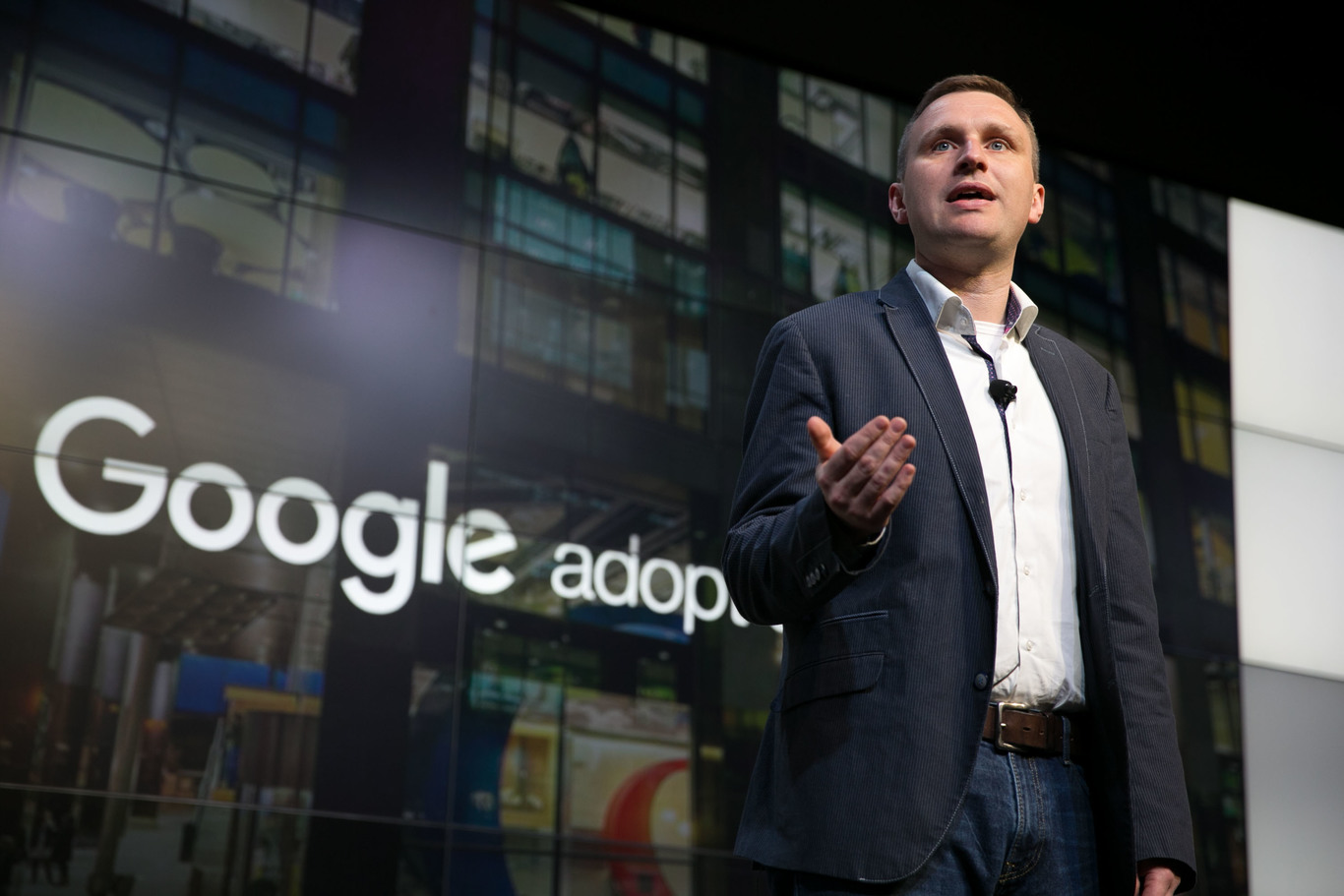Google has two main criteria before adopting a startup
The tech giant looks for founders who are willing to embrace change and think globally.
GOOGLE IS A company that has had some success taking over the world and a lot of that is down to one word: moonshot.
It’s a term everyone from executives to support staff use to help them think big – and the US tech giant wants Irish entrepreneurs to get into the same mindset.
Google this week accepted the latest crop of early-stage companies into its spring Adopt a Startup programme, which started three years ago to give companies a 90-day crash course in how to rapidly scale a business.
The programme has churned out numerous success stories, including Bizimply, which recently announced it had raised €2 million in Series A funding.
Colin Goulding, who oversees the initiative, sat down with Fora to talk through what Google wants when considering startups for the project – and he said it essentially came down to two points.
“One is commitment. Is the founder committed to making a difference to the business? If we are going to mentor someone, there needs to be willingness to change and take on feedback,” he said.
“The second thing is we need to know that these startups are really thinking globally. We helped Beats Medical bring its business from an offline business to an online business, which helped them become a global business.
“That was all in the space of six to nine months. That’s how quickly the tools we have here let these businesses scale.”
Beats Medical, the company behind an app that helps people with Parkinson’s navigate everyday life, is now seen as one of the major success stories to come from the programme.
At the launch event, the company’s founder Ciara Clancy said it helped her realise the tech her startup was developing could not only help people in Ireland, but it could also assist those suffering from Parkinson’s all over the world.
Class of 2016
Over 150 startups in Ireland applied for this round of Adopt a Startup and the shortlist has been narrowed down to just 30 early-stage companies.
They will now go through a 12-week course and receive mentorship from Google executives, salespeople and engineers on how to develop their companies into globally viable businesses.
Some notable startups to qualify for the programme include Ayda, which is developing wearables that track female fertility, wastewater treatment company Oxymem, and the website Seen on Set that sells décor and furniture used in film and television.






